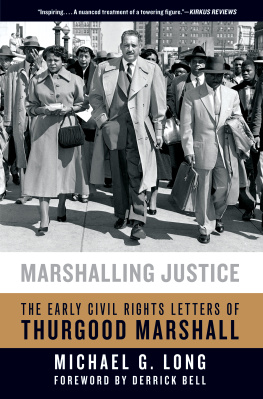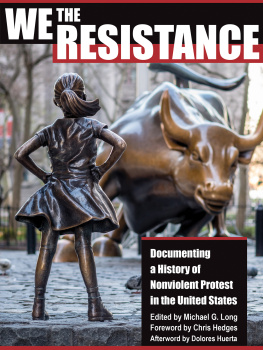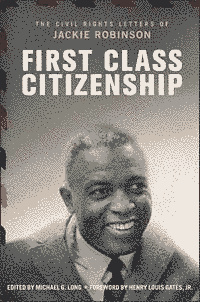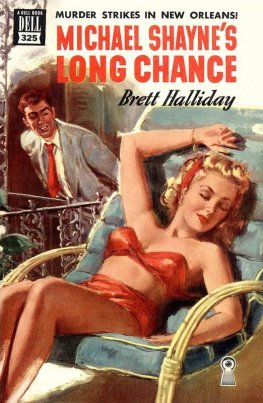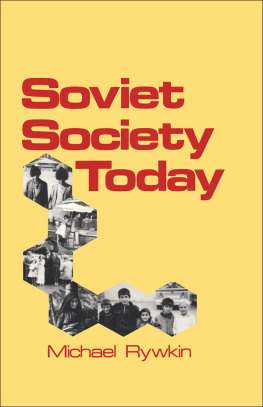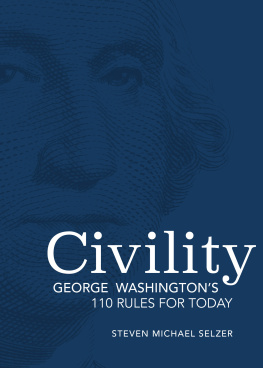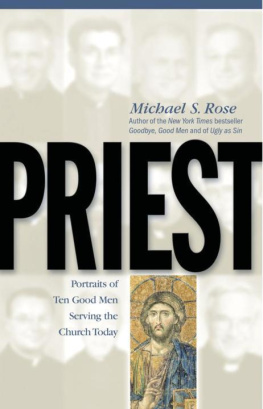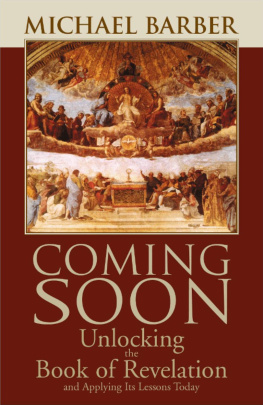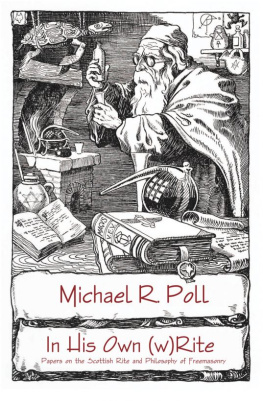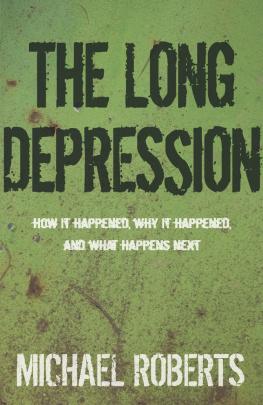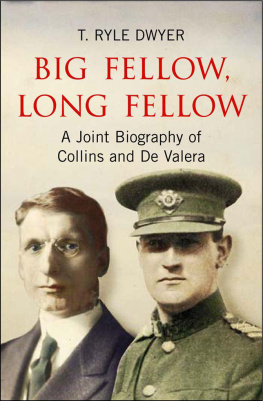Michael G. Long - 42 Today
Here you can read online Michael G. Long - 42 Today full text of the book (entire story) in english for free. Download pdf and epub, get meaning, cover and reviews about this ebook. publisher: NYU Press, genre: Politics. Description of the work, (preface) as well as reviews are available. Best literature library LitArk.com created for fans of good reading and offers a wide selection of genres:
Romance novel
Science fiction
Adventure
Detective
Science
History
Home and family
Prose
Art
Politics
Computer
Non-fiction
Religion
Business
Children
Humor
Choose a favorite category and find really read worthwhile books. Enjoy immersion in the world of imagination, feel the emotions of the characters or learn something new for yourself, make an fascinating discovery.

- Book:42 Today
- Author:
- Publisher:NYU Press
- Genre:
- Rating:4 / 5
- Favourites:Add to favourites
- Your mark:
- 80
- 1
- 2
- 3
- 4
- 5
42 Today: summary, description and annotation
We offer to read an annotation, description, summary or preface (depends on what the author of the book "42 Today" wrote himself). If you haven't found the necessary information about the book — write in the comments, we will try to find it.
42 Today — read online for free the complete book (whole text) full work
Below is the text of the book, divided by pages. System saving the place of the last page read, allows you to conveniently read the book "42 Today" online for free, without having to search again every time where you left off. Put a bookmark, and you can go to the page where you finished reading at any time.
Font size:
Interval:
Bookmark:
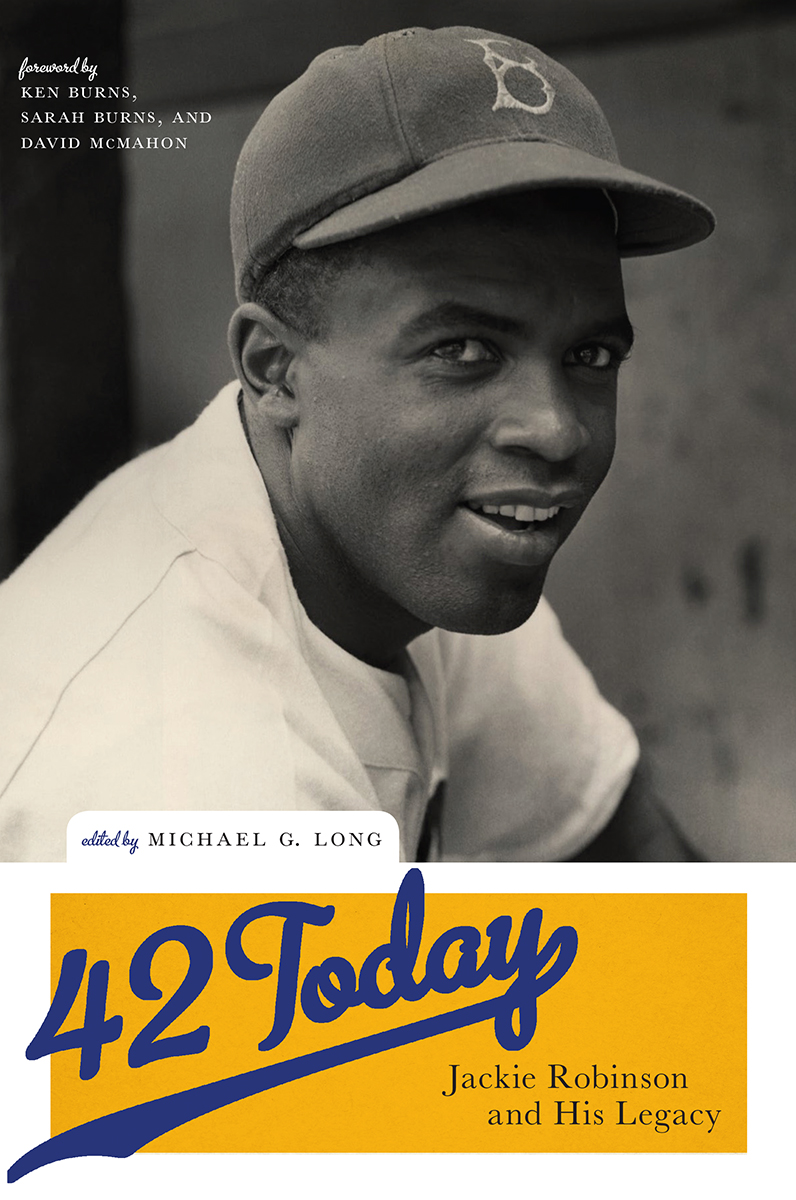
Foreword by Ken Burns, Sarah Burns, and David McMahon
Edited by Michael G. Long
Afterword by Kevin Merida

A Washington Mews Book
NEW YORK UNIVERSITY PRESS
New York
WASHINGTON MEWS BOOKS
An Imprint of
NEW YORK UNIVERSITY PRESS
New York
www.nyupress.org
2021 by New York University
All rights reserved
References to Internet websites (URLs) were accurate at the time of writing. Neither the author nor New York University Press is responsible for URLs that may have expired or changed since the manuscript was prepared.
Library of Congress Cataloging-in-Publication Data
Names: Long, Michael G., editor.
Title: 42 today : Jackie Robinson and his legacy / foreword by Ken Burns, Sarah Burns, and David McMahon ; edited by Michael G. Long ; afterword by Kevin Merida.
Other titles: Forty-two today
Description: New York : New York University Press, 2021. | Series: Washington mews books | Includes bibliographical references and index.
Identifiers: LCCN 2020015026 (print) | LCCN 2020015027 (ebook) | ISBN 9781479805624 (cloth) | ISBN 9781479805631 (ebook) | ISBN 9781479805617 (ebook)
Subjects: LCSH : Robinson, Jackie, 19191972. | Robinson, Jackie, 19191972Influence. | African American baseball playersBiography. | Discrimination in sportsUnited StatesHistory20th century. | United StatesRace relationsHistory20th century.
Classification: LCC GV865.R6 A15 2021 (print) | LCC GV865.R6 (ebook) | DDC 796.357092 [ B ] dc23
LC record available at https://lccn.loc.gov/2020015026
LC ebook record available at https://lccn.loc.gov/2020015027
New York University Press books are printed on acid-free paper, and their binding materials are chosen for strength and durability. We strive to use environmentally responsible suppliers and materials to the greatest extent possible in publishing our books.
Manufactured in the United States of America
Book designed and typeset by Charles B. Hames
10 9 8 7 6 5 4 3 2
Also available as an ebook
To Rachel Robinson
I have devoted and dedicated my life to service.
* Jackie Robinson
Ken Burns, Sarah Burns, and David McMahon
Michael G. Long
Howard Bryant
Randal Maurice Jelks
George Vecsey
Jonathan Eig
Mark Kurlansky
Chris Lamb
David Naze
Sridhar Pappu
Gerald Early
Yohuru Williams
Peter Dreier
Amira Rose Davis
Adam Amel Rogers
Kevin Merida
Ken Burns, Sarah Burns, and David McMahon
On April 15, 1947, Jackie Robinson sent a seismic wave across America with his barrier-breaking first game in Major League Baseball. It was arguably the most significant progress in civil rights since Reconstruction.
That summer, Robinson captivated fans with his electrifying blend of speed and power, while meeting the withering barrage of hate he faced on and off the field with quiet restraint. His success made him the most famous black man in America and paved the way for other talented black players to join him in the integrated big leagues. Its a well-told story, one that in the decades since Robinsons pioneering first season has become almost mythological and taken on a sentimentality that has blinded us to his true nature and minimized the noxious racism that hardly retreated in his heroic wake. Too often we have remembered him as an unthreatening martyr who turned the other cheek, dependent on a helping hand from well-meaning whites. Its a safe and simple narrative that provides white America convenient cover and does a disservice to an uncompromising patriot. It also distracts us from a dark reality: the oppressive conditions Robinson faced across his fifty-three yearscasual and structuralremain as present in society today as they were then.
The silent stoicism that marked Jack Roosevelt Robinsons initial year with the Brooklyn Dodgers ran contrary to his character. Stubborn, intelligent, with a fiery temper and full of deeply held convictions, Robinson had rarely missed an opportunity to speak out against the prejudice and injustice he saw nearly everywhere. Growing up in depression-era Pasadena, California, he faced down racist neighbors and refused to sit in the segregated section at the movie theater or leave a Woolworth lunch counter until he was served. Once he was arrested for singing a song that a police officer found offensive. Another time, while just a bystander to an argument, an officer rushed in and pulled a gun on Robinson before knowing who was to blame. As a second lieutenant in the U.S. Army during the Second World War, he faced a court-martial after refusing an order from a white civilian bus driver to move to the back of a military bus at Fort Hood, Texasten years before Rosa Parkss own bold act of defiance in Montgomery, Alabama.
Brooklyns general manager, Branch Rickey, a high-minded opportunist, knew of Robinsons scrapes with the law and his early discharge from the U.S. Army before signing him to the Dodgers. In these incidents, Rickey saw a man of considerable character who, though strong-willed and defiant, would care enough about succeeding that he would, for a time, suppress his natural impulse to fight backand during his first few seasons, Robinson mostly did. But once his place in the game was secure, it was no longer necessary for Robinson to keep quiet. As President Barack Obama later observed, Jackie Robinson had purchased the right to speak his mind many times over.
Throughout his remaining playing days, Robinson used his enormous fame to bring attention to the countless ways in which his world was patently unjust. He criticized umpires who he believed were treating him unfairly, demanded that hotels provide equal access to him and his black teammates, and accused the New York Yankees of prejudice for failing to promote any black players to their team. When, during a midgame birthday celebration for the teams Kentucky-born shortstop Pee Wee Reese, the grounds crew raised a Confederate flag over Ebbets Field, Robinson fumed. Who would ever let Jim Crow back in the ballpark? he asked resentful teammates, who were enjoying the festivities.
If you showed anything that suggested dignity and the sense that you believed in equality, you were immediately undesirable, said Harry Belafonte, referring to Robinson. Theres always going to be a price to pay for any rebel sound that challenges oppression. This of course remains true to this day. In 2016, San Francisco 49ers quarterback Colin Kaepernick chose not to stand for the national anthem in protest of police brutality against African Americans. His actions were denounced by star quarterback Drew Brees as disrespectful and criticized by the National Football League as unpatriotic, and President Donald Trump described his dissent as grounds for firing. A free agent the following season, Kaepernick went unsigned and three years later remained out of the league in spite of his earlier success and widely acknowledged talents.
Toward the end of his career, when Jackie Robinson and his wife Rachel sought to buy a larger house to accommodate their growing family, they were met with resistance. Touring homes in New York Citys northern suburbs, they were glared at by neighbors, denied access by owners, and in one case, after making an offer, told it was off the market. The effect of such racially restrictive agreements among homeowners, brokers, and community associationseven though in some cases ruled unconstitutional decades earliercontinues to keep neighborhoods segregated and limits the housing opportunities of people of color.
Next pageFont size:
Interval:
Bookmark:
Similar books «42 Today»
Look at similar books to 42 Today. We have selected literature similar in name and meaning in the hope of providing readers with more options to find new, interesting, not yet read works.
Discussion, reviews of the book 42 Today and just readers' own opinions. Leave your comments, write what you think about the work, its meaning or the main characters. Specify what exactly you liked and what you didn't like, and why you think so.

